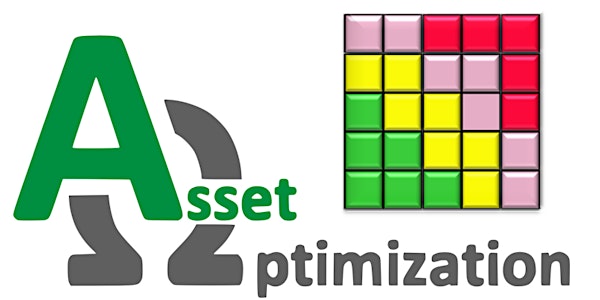API 581 RBI Methodology Training
This course is divided into six sessions on May 6-8 and May 13-15, 2024. Each four-hour session will be from 8 am to 12 pm CDT. These sessions are designed to help inspection and engineering personnel responsible for fixed equipment mechanical integrity understand the risk-based inspection methodology as defined in API RP 581, 3rd edition. Per API 580, risk assessment personal should receive detailed training on the RBI methodology that is being utilized.
Course Overview
This course walks participants through the API Recommended Practice 581 Risk-Based Inspection Methodology (3rd Edition) with discussion and exercises designed to provide participants with a basic understanding of key elements of the methodology. API 581 is an industry-recognized and widely adopted methodology for determining risk for RBI. According to API 581, this recommended practice “provides quantitative procedures to establish an inspection program using risk-based methods for pressurized fixed equipment including pressure vessel, piping, tankage, pressure relief devices (PRDs), and heat exchanger tube bundles.”
During this course, we will cover how the recommended practice is organized, probability of failure calculation methods for damage mechanisms, consequence of failure, and the risk-based inspection planning process.
The target audience includes inspection and engineering personnel responsible for fixed equipment mechanical integrity as well as other team members that participate in the RBI process.
Course Topics
- Introduction to API 581
- Basic API 581 Concepts
- RBI Equipment Types and Methods
- Inspection Effectiveness
- Risk Communication
- Inspection Planning
- Probability of Failure
- Determining Damage Factors
- Corrosion Rates
- Consequence of Failure
Course Facilitators
Paul Raithby, Senior Consultant
Paul has over 20 years Mechanical Maintenance, Reliability and Integrity experience in the hazardous chemicals industry as a registered Chartered Engineer in the UK and a leader in Inspection Management in a highly regulated environment. Complementing his Bachelor’s degree in Mechanical Engineering, Paul also has an MBA in Industrial Management and is a Six Sigma Black Belt. He is certified to API 580. Paul specialises in using a Risk Based Approach to deliver sustainable Asset Integrity Management programmes to help to ensure that asset intensive facilities operate effective, optimised mechanical integrity programmes that reduce and manage the Health, Safety, Environmental and Financial Risk of Equipment failures.
Mike Hurley, Vice President - Technology
Mike has been the Chief Engineer for a chemical plant producing highly hazardous chemicals. He directed the mechanical integrity (MI) department for the first chemical plant in the United States to be compliant with risk based Inspection (RBI). His experience spans over thirty years of practice in the MI industry. He was the Technical Director for Lloyd’s Register Capstone and served as its subject matter expert for risk management. He has worked and has been a member of various API committees for over twenty years including API-580/581/510/570/653. He is API-580 certified with an international patent in safety systems (US 8,470,135 B2). Mike specializes in using risk to deliver value to Asset Optimization Consultants, Inc’s clients. He sees his mission as using risk to make the chemical, refining, and natural gas industries safer, more reliable, and able to compete in a global economy.
Further Information
Online course details:
1. We will utilize web meetings to facilitate the course during the scheduled course hours (May 6-8, and May 13-15, 8 am to 12 pm-US central time zone). You will be provided links to the online meetings prior to the training.
2. During the course days we will have web sessions for presentations, discussions, and exercises. There will be some exercises that you will complete on your own and then we will meet online to discuss the results/answer questions.
3. Prior to the course, you will be provided with participant notes and exercises to accompany the course.
All participants must provide their own copy of Recommended Practice API 581 (3rd edition) as this will not be provided by Asset Optimization Consultants (AOC)
FAQs
Where can I contact the organizer with any questions?
If you have any questions, please contact your facilitators, Paul Raithby (praithby@aoccorp.com) or Mike Hurley(mhurley@aoccorp.com).
What is the cancellation/refund policy?
For non-attendance - any participant that decides not to attend within 30 days of the course is entitled to transfer the booking to a substitute participant or may attend a later course, no refund will be given.
Should this course be cancelled due to insufficient attendance, all registration fees shall be refunded. Asset Optimization Consultants (AOC) will contact participants 30 days prior to the start of the course to confirm attendance and provide further details. AOC are not responsible for losses in travel/accommodation expenses, therefore it is advised that participants refrain from booking travel/accommodation until course is confirmed by AOC.
